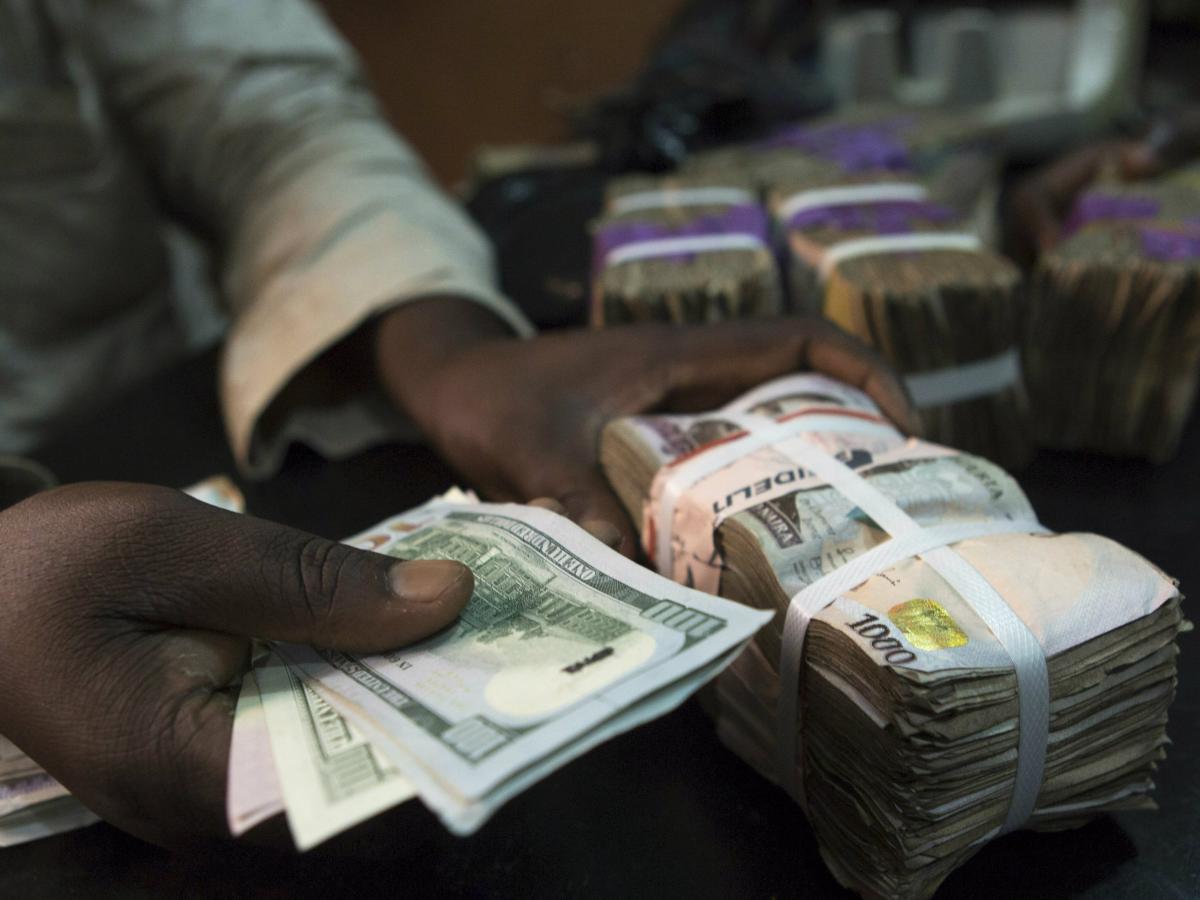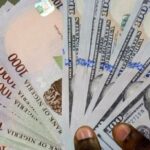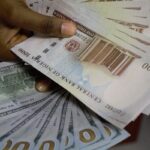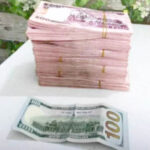Despite recent efforts by the Central Bank of Nigeria (CBN) to bolster the foreign exchange market through interventions, the currency’s downward trend persists, prompting concerns about its potential impact on the broader economy.
The depreciation of Nigeria’s currency is despite the federal government receiving a $2.25bn foreign exchange support from the AfreximBank as well as the Central Bank of Nigeria (CBN)) offset of $61.64m Nigeria owed foreign airlines.
A check on the Nigerian Foreign Exchange Market (NFEM) window, which showed that on the day the CBN announced it received the funds, December 29, the naira was purchased at N898/$ and sold at N899/$.
The price increased on January 2, to N913 per dollar. It further went up to N960.9k by January 3.
CBN dissolves boards of Polaris, Union, other banks indicted by Emefiele probe committee
FX backlog: CBN disburses $61.4m to foreign airlines
By January 4, the price had risen to N964. The Naira, however, appreciated by January 5, selling at N877 per.
By January 8, the price further reduced to N854 but the price increased to N952 while January 10 it rose to N1,082.
The black market has been on the increase as the naira was sold at N1178 which on January 3.
By January 4, the price had increased to N1210 and by January 5, it was sold at N1220.
Similarly, on January 6 it was sold at N1222. This further increased to N1225 and by January 7 and on January 8, it was sold at N1235.
As of January 9, the price has gone up to N1243.
Recall that the Nigerian National Petroleum Company Limited (NNPC) had in August announced that it had secured a $3 billion emergency loan from the African Export-Import Bank to stabilise the country’s volatile foreign exchange market.
The new deal came over a year after the national oil company said it similarly secured a $5 billion corporate finance commitment from the Prof. Benedict Oramah-led bank to fund major investments in Nigeria’s upstream sector.
While Afrexim is the lead arranger of the $3.3bn loan, some other sub-lenders include VITOL, Guvnor, one of the world’s largest energy trading houses by turnover, Sahara Energy group, Oando and UBA which chipped in $100 million.
The liquidity support for Nigeria through a structured financing arrangement with NNPC Limited sees Afrexim Bank acting as the mandated lead arranger along with United Bank for Africa as the local arranger.
Speaking on AriseTv, the Minister of Finance and Coordinating Economy, Wale Edun, said work is being done to put in place a comprehensive range of solutions to Nigeria’s economic challenges including improving finances through leveraging technology to raise tax collection as well as ease the foreign exchange position.
He said the government is looking at a range of support mechanisms capable of bringing about all round improvement in government finances and FX liquidity and is optimistic Nigeria is on the right path.
Areximbank loan won’t solve forex crises – expert
An economist and the CEO of Economic Associates, Dr. Ayo Teriba, said the loan is a drop in the ocean to fix Nigeria’s forex problem.
He said what the naira is currently facing is fluctuation as the country still has a backlog of payments to pay foreign investors.
“We need over $30bn in our reserves to feel any impact of naira appreciating against the dollar. What is happening with the naira is fluctuation and it is the continuation of its volatility which has been with us from some time now.”

 Join Daily Trust WhatsApp Community For Quick Access To News and Happenings Around You.
Join Daily Trust WhatsApp Community For Quick Access To News and Happenings Around You.


